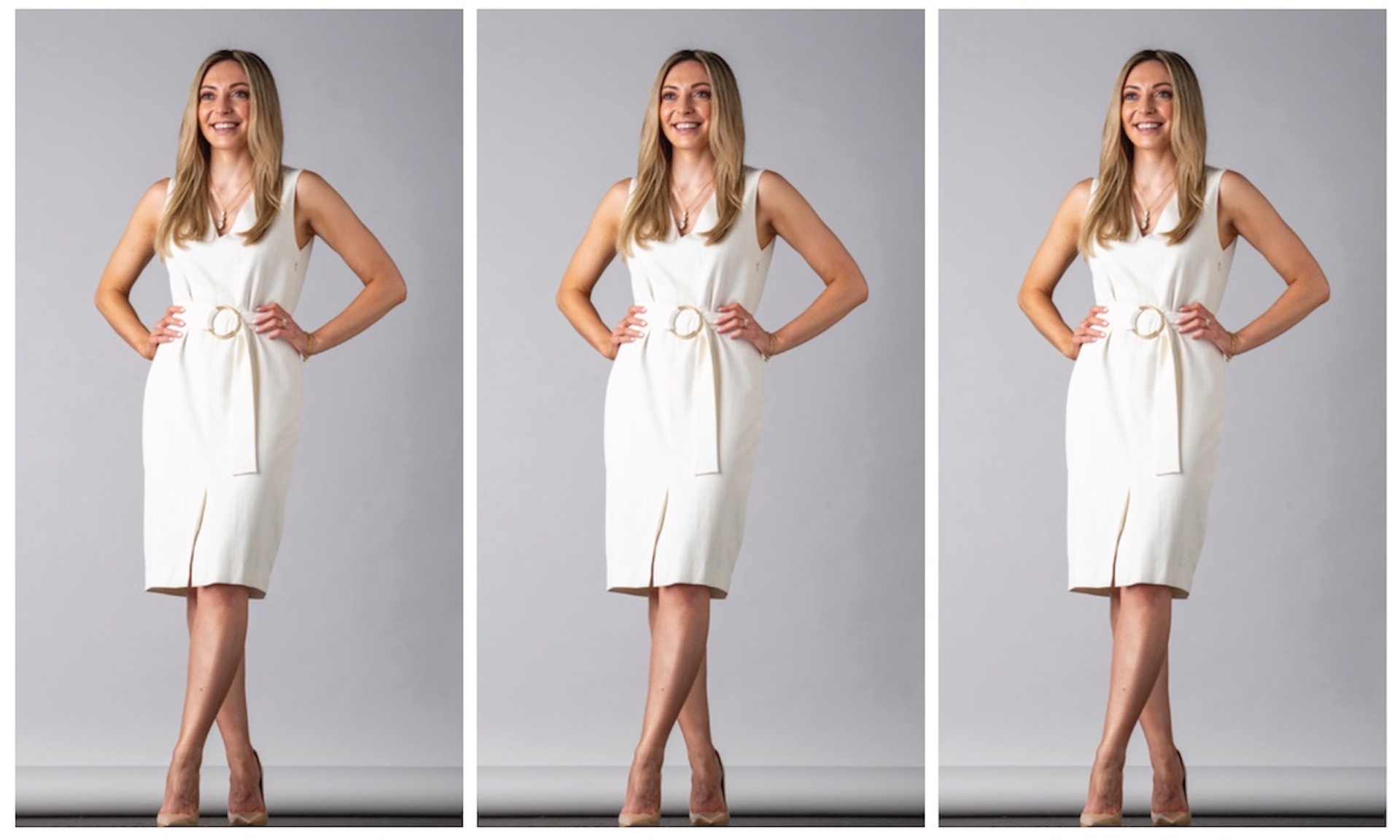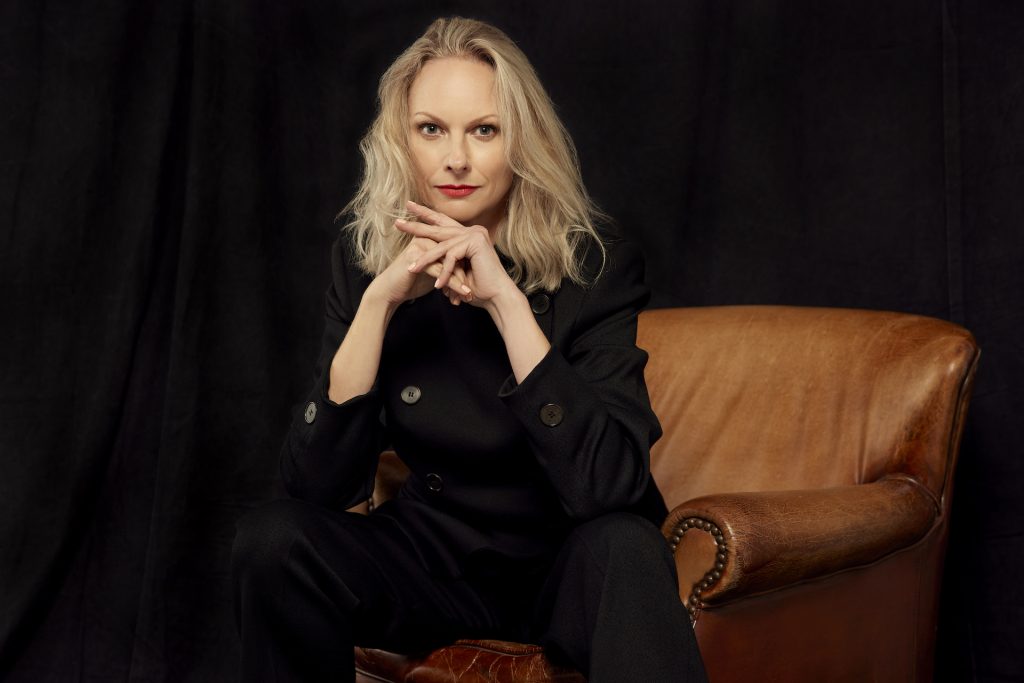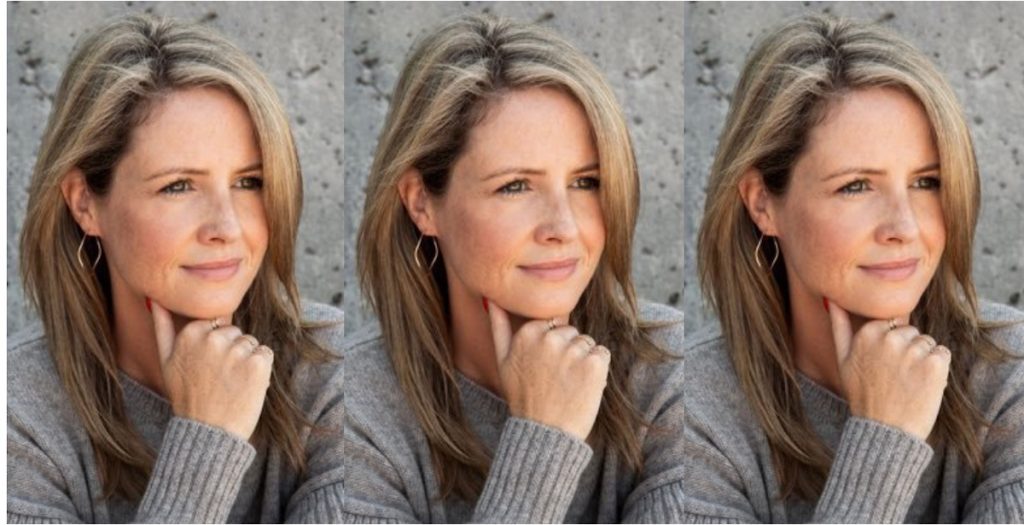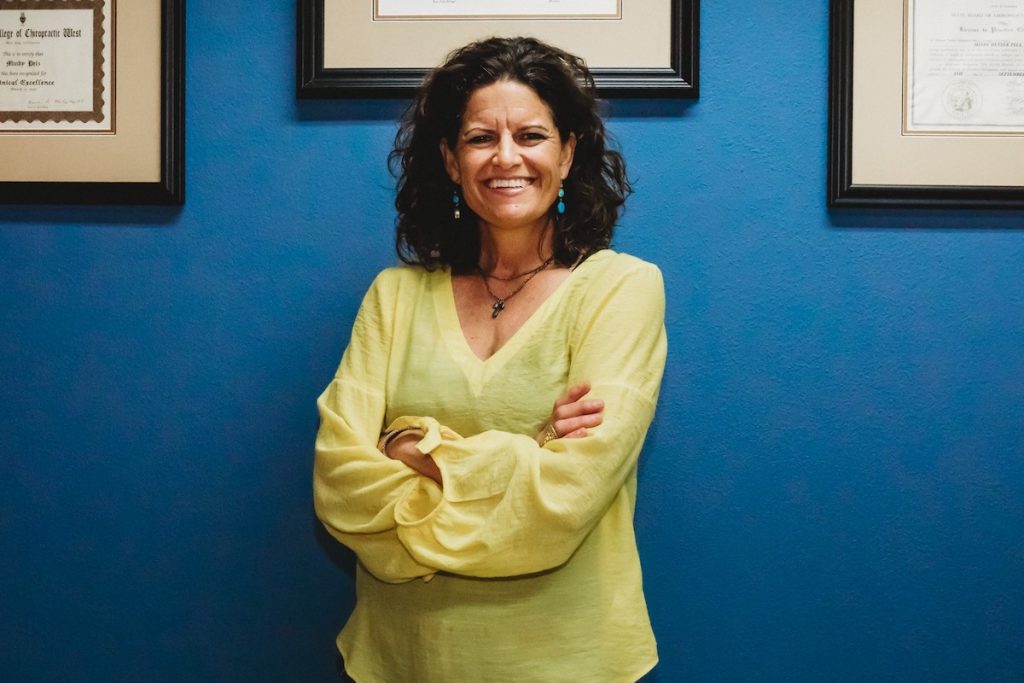However, before you draw up a shopping list of all the things you’d like done, there are some things you should know. We asked Dr Emma Fanning for the expert lowdown.
Do Your Research
Just as you’d spend countless hours Trip-advisor-ing the hotel you’re going to holiday in for a week, so too should you dedicate some serious research time to finding the right doctor to work on your face – after all, you’re going to live in that for many decades to come. Recommendations are obviously great, but they’re not always ideal as the right doctor needs to align with you. “When contemplating a treatment, always do your research on the aesthetic doctor,” advises Dr Fanning of Ora Skin Clinic. “There are so many different approaches, philosophies and styles to aesthetic medicine, so it’s important that you find a practitioner that aligns with your ethos and can support you as you embark on your skin journey.” You should get an instant sense of whether it’s a right fit or not at your initial consultation. Speaking of…
Book A Proper Consultation
This is one thing that too many clinics fail to offer and too few women ask for, but, according to Dr Fanning, a detailed consultation appointment is essential. “At Ora Clinic, we always advise an initial consult for everyone who is new to us. That way we can ensure we’re the right fit for each other and we can develop a bespoke plan that is tailored to the individual patient. Our consults range from 45 minutes to an hour, during which we explore the patient’s needs and desires. This ensures enough time to thoroughly assess the patient, educate them about their skin, how to future-proof it and, most importantly, answer any questions that they have. In fact, I find that the more questions my patients have at initial consult stage, the easier it is to hone in on their personal skin goals. So, ask away – about the doctor’s experience, the recommended treatment plan, the treatment’s potential risks and the expected benefits. We want everyone to walk out the door fully informed.” A good tip? At the outset of the consultation, ask your doctor what they think you need.
Be Realistic & Stick To What Works
If you want to change or improve something – whether that’s your skin tone, texture or firmness – accept that it takes time, not a quick, one-off shot of filler. Also, try not to be so blinkered in what you think you want, or reactive to the latest treatment you’ve read about. Often, people book in for something specific, such as Botox, but what they ultimately have is not what they originally asked for. “This is why an initial consult is critical to establishing a suitable treatment plan that aligns with the patient’s goals,” says Dr Fanning. “At Ora, we build life-long partnerships with our patients. The skin is constantly changing, not only due to the ageing process but also lifestyle and environmental factors. As such, we continuously need to adapt to our patients’ skin changes over time. I believe in approaching the process of skin ageing through scientifically proven methods. Our techniques are always supported by proven research, therefore you won’t see any fad treatments in our clinic and the treatments that you do see we fully believe in.”
Recognise Your Inherent Beauty
Finally, before any procedure, first recognise your own beauty, says Dr Fanning. “We can often times be our own worst critics and have a tendency to see the negatives and overlook the positives. This is especially apparent in this era of Zoom meetings where we’ve been forced to scrutinise ourselves more than we have in the past. What I often advise is that we take a step back and look at the face as a whole. It’s important for my patients to first recognise their inherent beauty, before we address any aesthetic concerns.”




